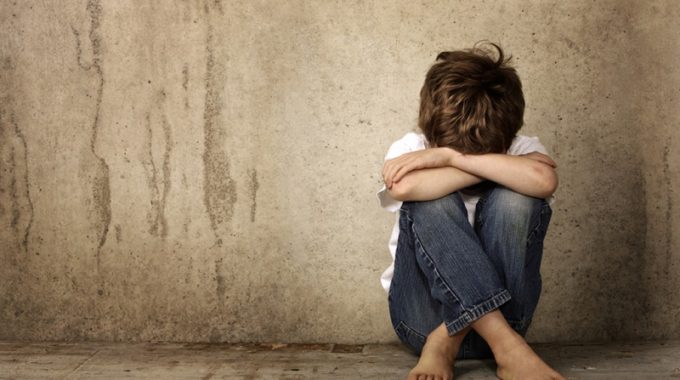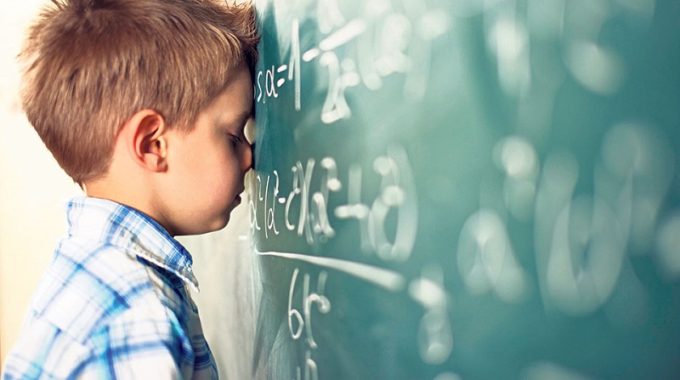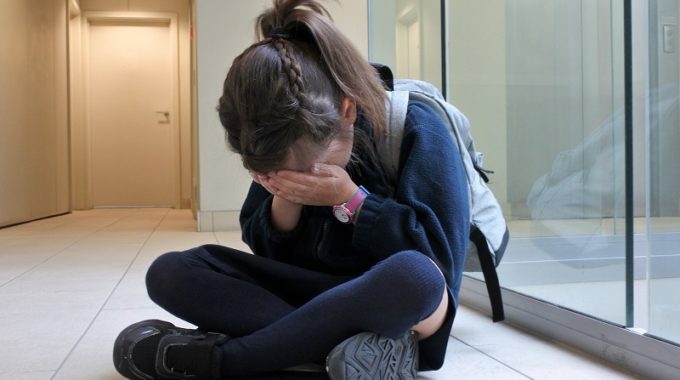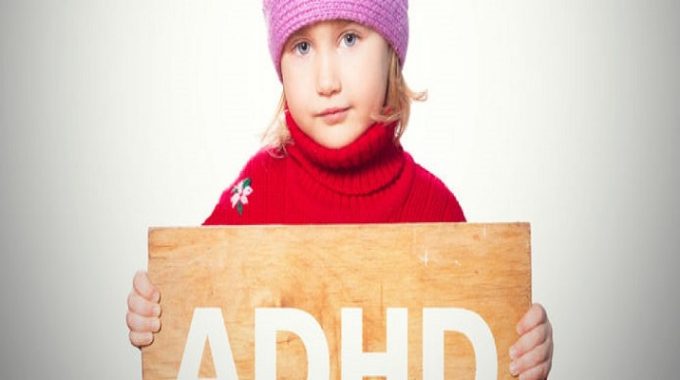
CHILDHOOD DEPRESSION
Childhood depression differs from the normal”blues” and regular emotions that happen as a youngster develops. Just because a young child looks sad does not necessarily mean that he or she has important melancholy . In case the despair interferes with normal social works, , schoolwork, or family life, it might indicate he or she has a depressive illness. Remember that while depression is a severe illness, it’s also a treatable one.
SYMPTOMS
>>Irritability or anger
>>Constant feelings of sadness and hopelessness
>>Social withdrawal
>>Increased sensitivity to rejection
>>Changes in appetite increased or decreased
>>Changes in Sleeping Insomnia or excessive Sleeping
>>Vocal outbursts or Yelling
>>Issue Focusing
>>Physical Ailments (like stomachaches, headaches) that do Not respond to Therapy
>>Reduced ability to function Through events and activities in the home or with friends, in school,extracurricular activities, and in other hobbies or Pursuits
>>Feelings of worthlessness or guilt
>>Impaired thinking or concentration
>>Thoughts of death or suicide
Not all kids have all these indicators. Most will exhibit unique symptoms at different times and in various settings. While some children may continue to work reasonably well in structured environments, most kids with significant depression will suffer a noticeable change in social activities, reduction of interest in school and poor academic performance, or a shift in appearance.
TREATMENTS
Getting treatment for depression can feel intimidating. Frequently the depression itself gets in the way. A child who’s miserable could be feeling overwhelmed, exhausted, and despairing. She may also be blaming herself or her plight for the way she believes. These are a few of the feature symptoms and ideas that accompany sadness, and they can make it difficult for somebody who’s depressed to talk and request help or think concerned parents whenever they state treatment for depression might help them.



